Board Of Directors And Key Roles To Act Upon
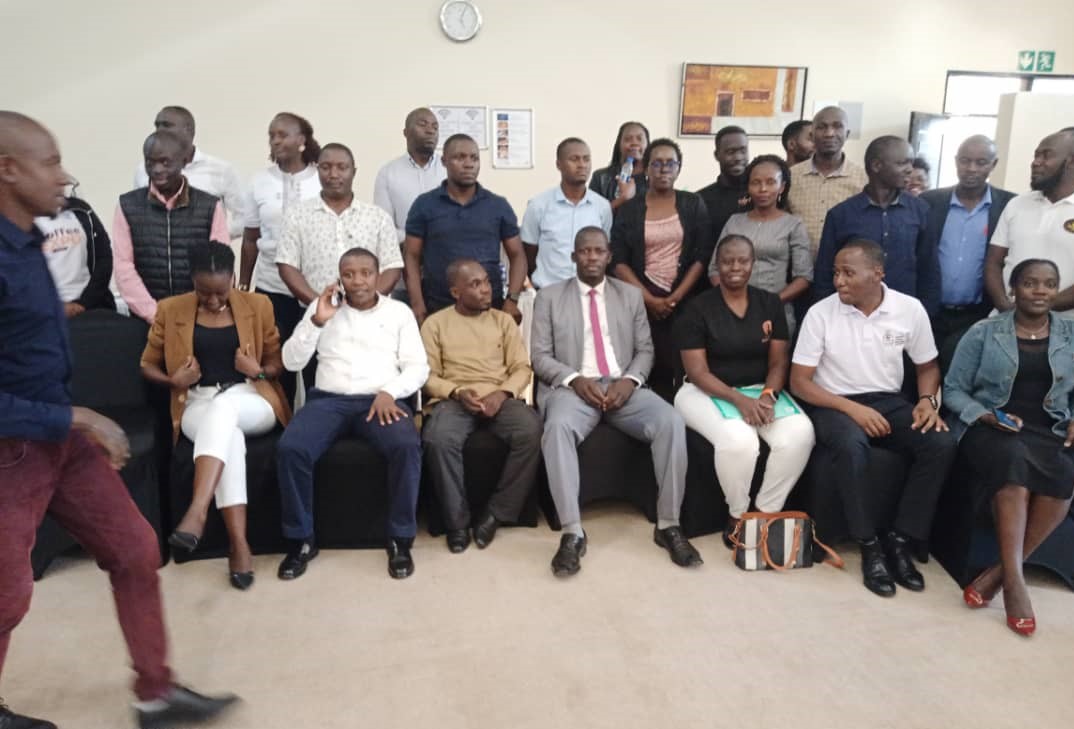
The Co-operative has a BOD. This board plans and makes strategic decisions which are then disseminated for implementation. This leadership is important in streamlining the market and attempting as much as possible to formalize the Coffee value chain.
The board has skilled teams that will manage the different aspects of businesses at the L T W F C S factory but also at the hub and farmer group levels. Skills to process, and add value to coffee and market it through L T W F C S ensuring chain of custody, guaranteed traceability, quality to customers and creating shared value to the wider society. The underlying value proposition is to create equitable shared value which involves economic value in a way that also creates value for farmers, buyers and the society. The Co-operative will, therefore, impart social entrepreneurial skills, smart agricultural practices, offer warehousing, processing and marketing services.Some of the members
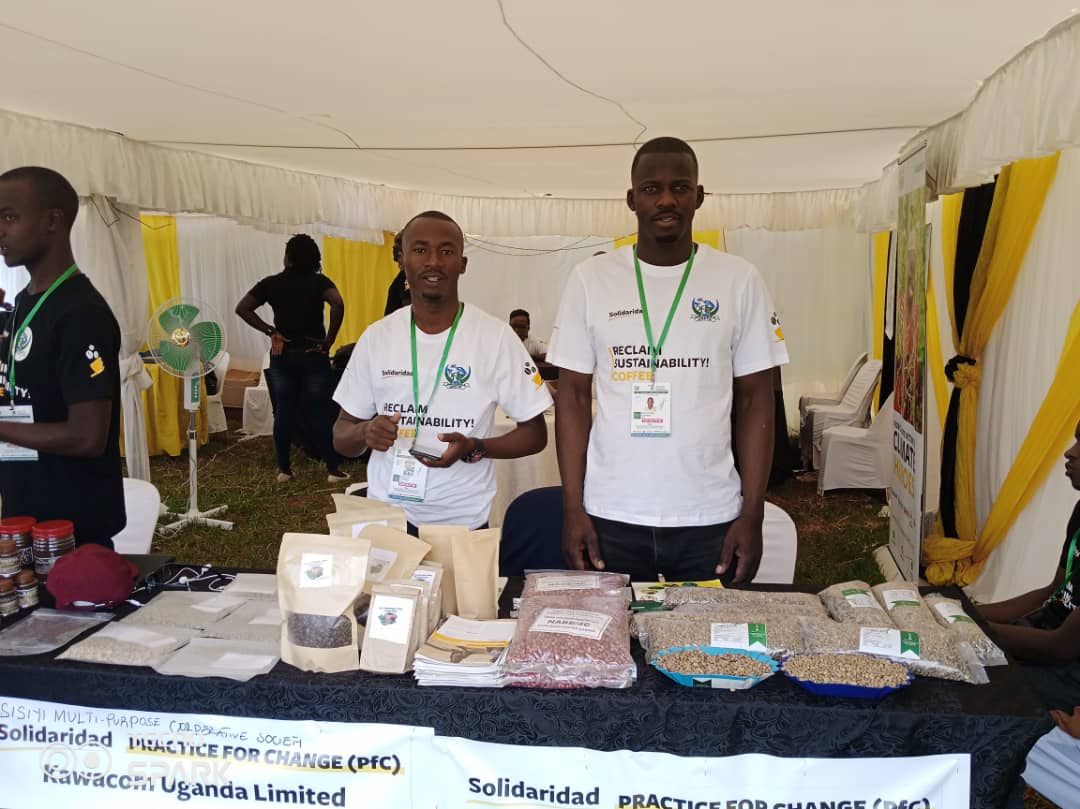
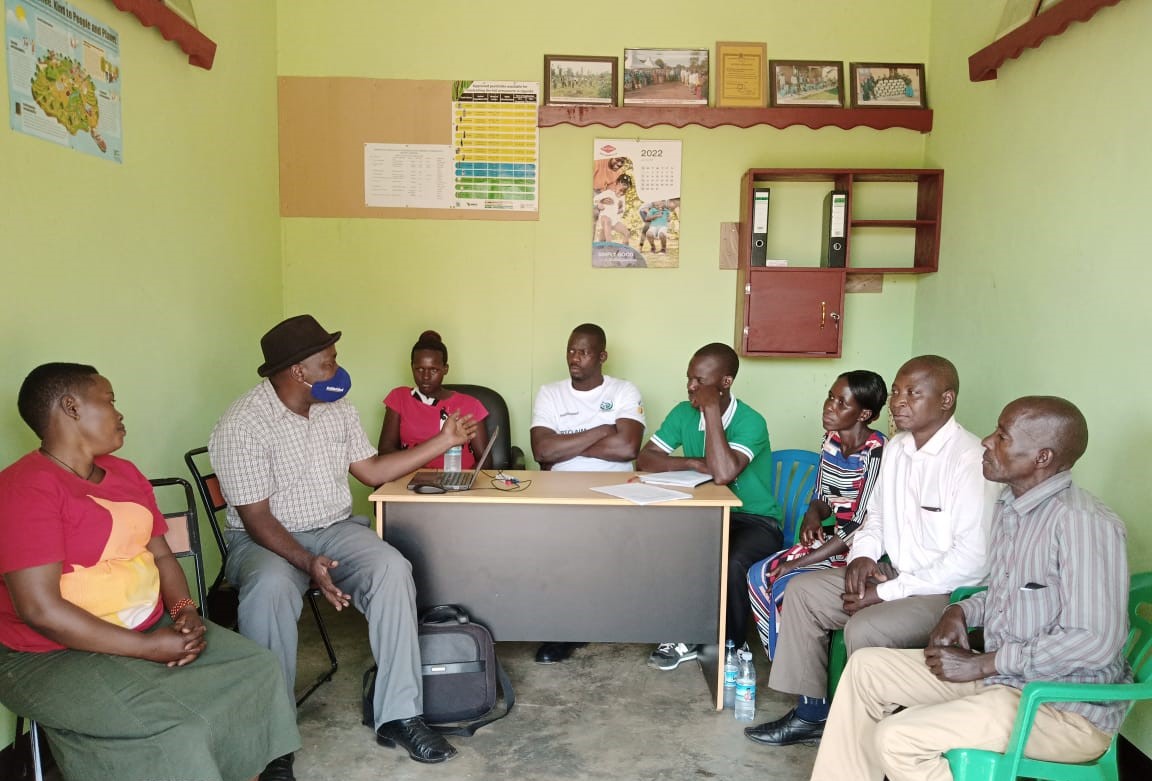
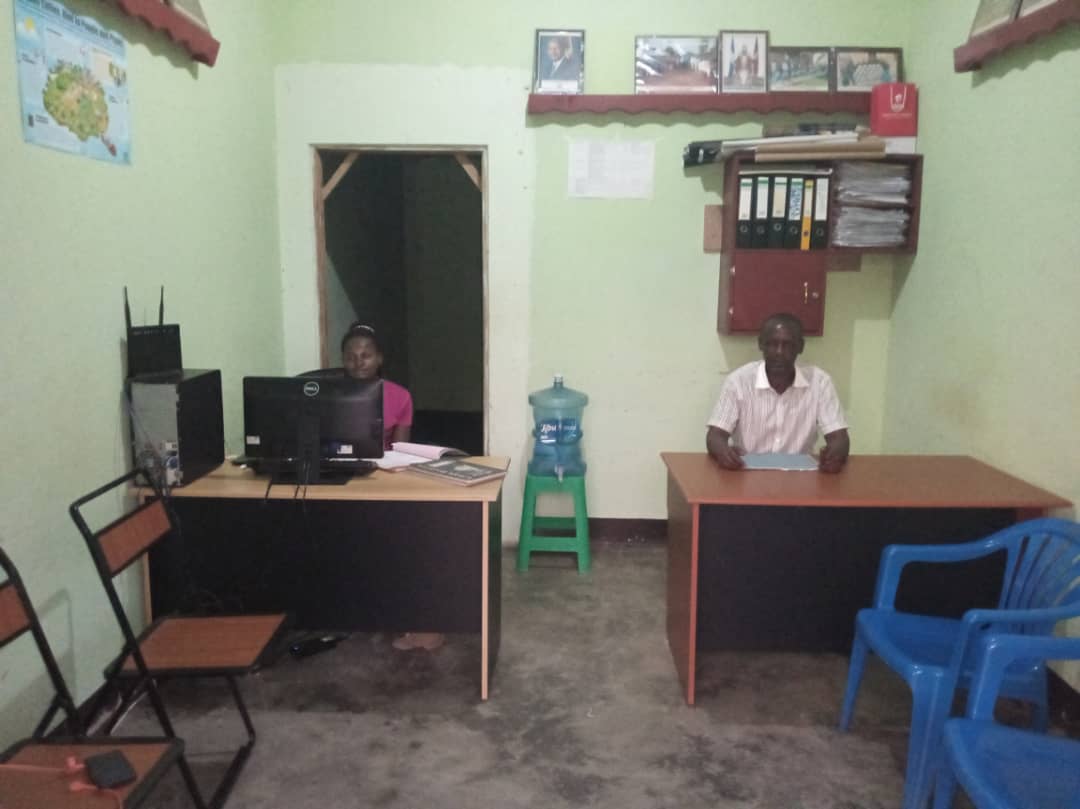
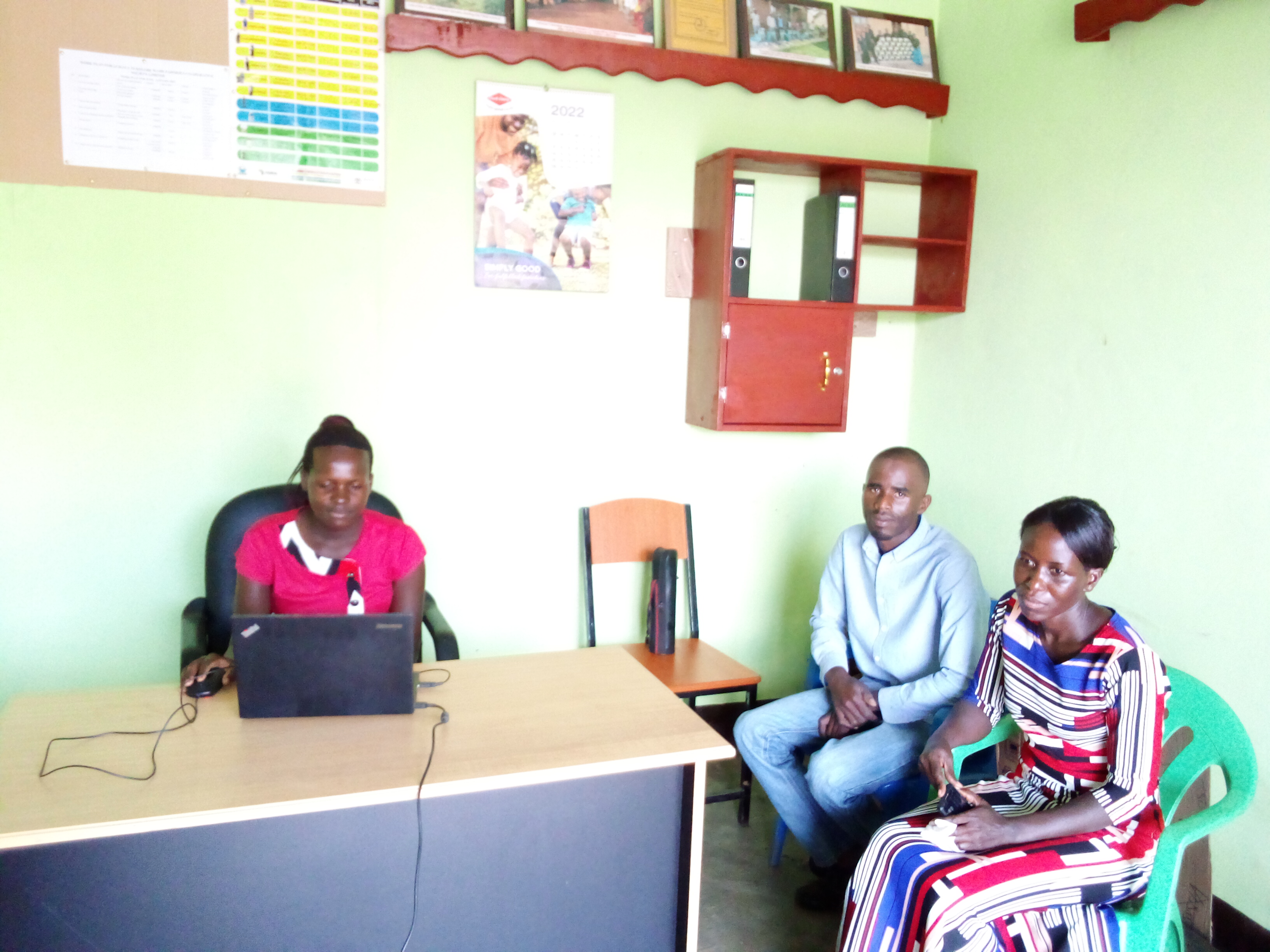
The Board is resposinble to Implement of the business plan that will lead to creation of more than 300+ jobs for women and youths. It will empower farming families and communities with capacity to mitigate and adapt climate change activities such as tree planting and use of the mother gardens. Families will be in position to meet their social needs such as school fees, medical care and also put in place community development projects such as clean water and tree planting. Continuing with enhancing gender equity and youth inclusiveness will result into fairer relations in the farming households which will further enhance productivity and quality of coffee. By 2026, we envisage 1,500+ families will acquire social entrepreneurial skills and will improve their economic statuses on a sustainable basis so that the future of their children can be
Inclusive Business credentials: In executing our mandate, L T W F C S has developed strategies for engaging women and youth as minority groups:1. Production through demand-driven approaches. Women and youths are supported to engage in farming, arrangements with seedlings buyers and processors.,
2. Youth-led mechanization for land opening and on-farm operations. This can build around a service-led intervention model to enable youths to invest in mechanization services as a business.
3. Engagement in local seedlings business and distribution. Women and youth are engaged in specialized agricultural production ventures like seedlings production and as agents for delivery and distribution systems.
4. Participation in outreach programmes especially the renewable energy projects aimed at restoring our environment; this includes nursery beds for improved seedlings as well shade trees in our effort to mitigate and adopt to the effects of climate change
5. Giving the youths fertilizers as an incentive to join the Co-operative.
Business Model: The BOD of L T W F C S operates through an Inclusive Business Model (IBM) with a number of actors who play various roles. The IBM promotes integration of small holder farmers for Coffee into markets with the underlying principle that there are mutual benefits for the farmers and the business community. Drivers of the business model Our business model is to combine four categories of market players each with motivating factors for inclusion in the Value Chain. The rationale for application of this business model is:
> Diversification of suppliers and customers for Coffee.
> Involvement of suppliers (smallholder farmers) in the value chain.
> Reliable supply of seedlings/inputs to farmers.
> Access to agro-ecological knowledge and information.
> Corporate responsibility to invest in local development and PWDs.